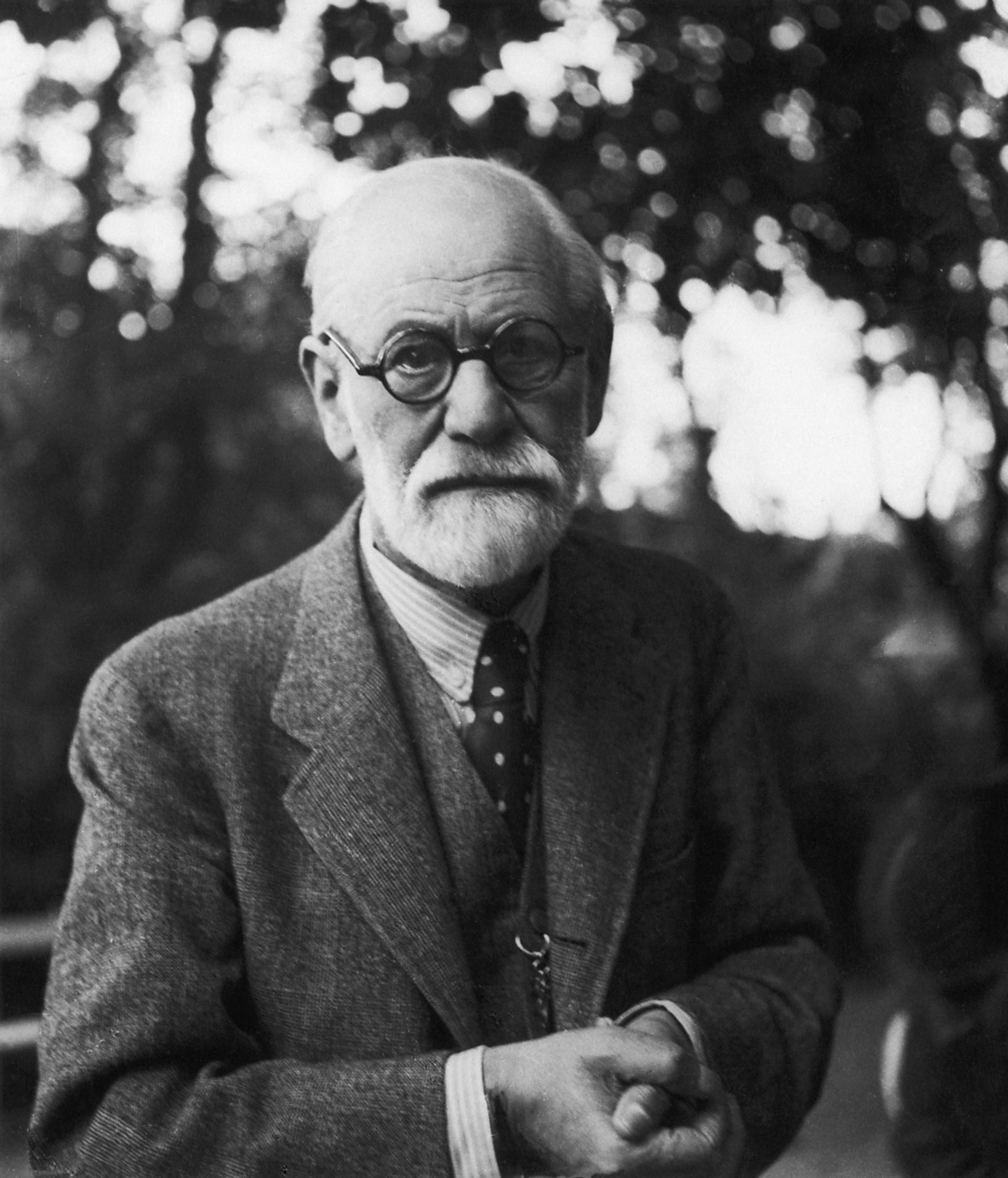Aeon
"It is well established that people sometimes think they have beliefs that they don’t really have. For example, if offered a choice between several identical items, people tend to choose the one on the right. But when asked why they chose it, they confabulate a reason, saying they thought the item was a nicer colour or better quality. Similarly, if a person performs an action in response to an earlier (and now forgotten) hypnotic suggestion, they will confabulate a reason for performing it. What seems to be happening is that the subjects engage in unconscious self-interpretation. They don’t know the real explanation of their action (a bias towards the right, hypnotic suggestion), so they infer some plausible reason and ascribe it to themselves. They are not aware that they are interpreting, however, and make their reports as if they were directly aware of their reasons.
Many other studies support this explanation. For example, if people are instructed to nod their heads while listening to a tape (in order, they are told, to test the headphones), they express more agreement with what they hear than if they are asked to shake their heads. And if they are required to choose between two items they previously rated as equally desirable, they subsequently say that they prefer the one they had chosen. Again, it seems, they are unconsciously interpreting their own behaviour, taking their nodding to indicate agreement and their choice to reveal a preference.
...
The ISA theory has some startling consequences. One is that (with limited exceptions), we do not have conscious thoughts or make conscious decisions. For, if we did, we would be aware of them directly, not through interpretation. The conscious events we undergo are all sensory states of some kind, and what we take to be conscious thoughts and decisions are really sensory images – in particular, episodes of inner speech. These images might express thoughts, but they need to be interpreted.
Another consequence is that we might be sincerely mistaken about our own beliefs. Return to my question about racial stereotypes. I guess you said you think they are false. But if the ISA theory is correct, you can’t be sure you think that. Studies show that people who sincerely say that racial stereotypes are false often continue to behave as if they are true when not paying attention to what they are doing. Such behaviour is usually said to manifest an implicit bias, which conflicts with the person’s explicit beliefs. But the ISA theory offers a simpler explanation. People think that the stereotypes are true but also that it is not acceptable to admit this and therefore say they are false. Moreover, they say this to themselves too, in inner speech, and mistakenly interpret themselves as believing it. They are hypocrites but not conscious hypocrites. Maybe we all are."

No comments:
Post a Comment
Note: Only a member of this blog may post a comment.